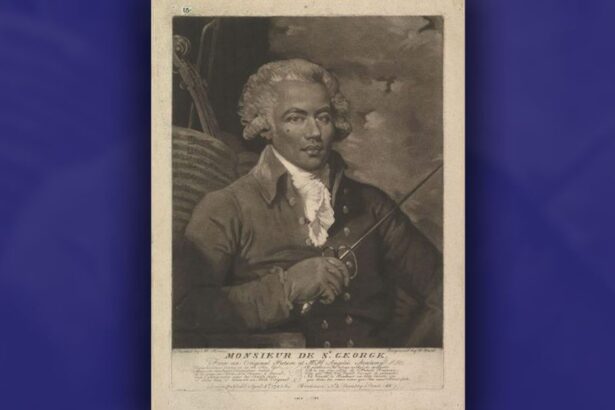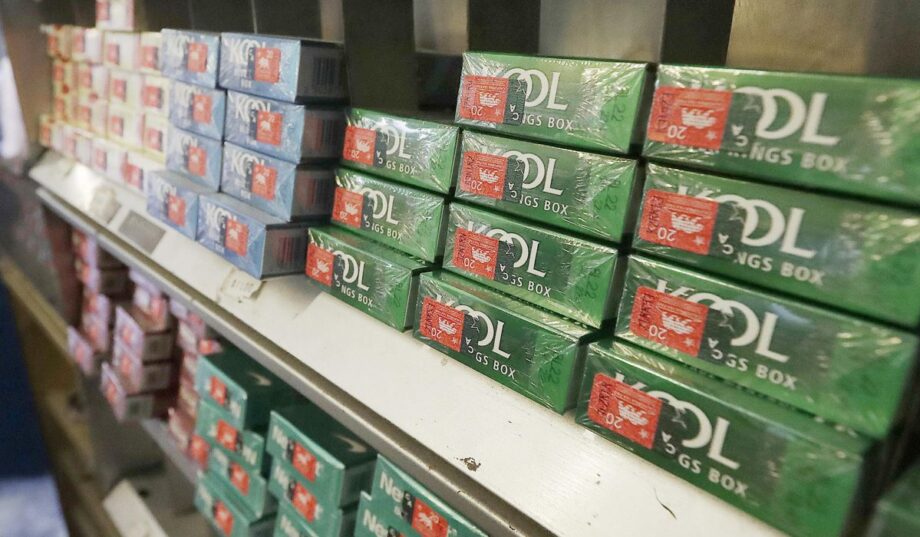The Biden administration is again delaying a decision to ban menthol-flavored cigarettes because of an “immense amount of feedback” from minority and civil rights groups.
The White House said it would decide on the regulation by March, but it blew past that self-imposed date.
President Biden is struggling this election year with support from Black Americans, who are the most likely to smoke menthol-flavored cigarettes. He also hopes his cancellation of tens of billions of dollars of student loan debt will be popular with young voters, who also are abandoning him.
Mr. Biden’s team said a decision to ban menthol cigarettes is complicated.
“There are still more conversations to have, and that will take significantly more time,” Health and Human Services Secretary Xavier Becerra said. “This rule has garnered historic attention, and the public comment period has yielded an immense amount of feedback, including from various elements of the civil rights and criminal justice movement.”
White House officials said the proposed rule became mired in an interagency review process and they needed more time to hear from outside groups, especially civil rights organizations, before deciding whether to proceed with the ban.
Proposals for a menthol cigarette ban have been in the works for several years, but the White House keeps missing internal deadlines, including a January deadline to issue a ruling amid pushback from minority and civil liberties groups.
Public health advocates have demanded the ban, but criminal justice organizations argue it would unfairly criminalize a product that is popular among Black smokers.
The American Civil Liberties Union is among the groups lobbying against a ban. It said such a move would “disproportionately impact people of color” and “prioritize criminalization over public health and harm reduction.”
Black smokers are disproportionately more likely to use menthol cigarettes, and Mr. Biden is losing support among Black voters.
A Wall Street Journal poll this month revealed that 57% of Black men plan to vote for Mr. Biden, a significant drop from the 87% who voted for him in 2020. The same survey found that 77% of Black women intend to vote for Mr. Biden, a decline from the 93% who voted for him in the last election.
The White House has had more than 100 meetings over the proposals with dozens of groups for and against the regulation. They include convenience store owners associations and the National Organization of Black Law Enforcement Executives.
Advocates of the ban worry that the delays will push the rule into a window that would allow former President Donald Trump to reverse it using the Congressional Review Act if he wins a second term.
“The administration’s inaction is enabling the tobacco industry to continue aggressively marketing these products and attracting and addicting new users,” Nancy Brown, CEO of the American Heart Association, said in a statement.
Rep. Robin Kelly, Illinois Democrat and chair of the Congressional Black Caucus Health Braintrust, said she was disappointed by the White House’s delay.
“The FDA’s experts have been clear that menthol cigarettes are harmful to public health,” she said.
Gwen Carr, whose son Eric Garner was killed while in the custody of the New York Police Department nearly a decade ago over the sale of loose cigarettes, praised the Biden administration for dropping the ban. She said the ban would “only create more unintended law enforcement consequences.”
Sybrina Fulton, the mother of Trayvon Martin, also applauded the decision.
“I am pleased that the Biden Administration understands the civil rights harm that could result from a menthol ban in the Black Community,” she posted on X. “I look forward to working with the Biden administration toward effective prevention solutions as it relates to smoking in our great country.”
The Centers for Disease Control and Prevention said the use of menthol cigarettes among those who smoke has increased while smoking rates have generally decreased.
Nearly 85% of Black smokers and 30% of White smokers use menthol cigarettes, according to the FDA.
All told, roughly 28 million American adults smoke cigarettes and more than 480,000 die annually from illnesses related to smoking, the agency said.
A survey commissioned by Altria, a major tobacco company, found that the majority (54%) of “core” Biden voters — defined as minority voters and nonconservative White voters younger than 45 — including in several swing states, opposed a ban on menthol cigarettes.
A CDC-sponsored survey of more than 6,000 people last year found that 62%, including 61.5% of Black respondents, would support a ban on menthol cigarettes.
• Tom Howell Jr. contributed to this report.



